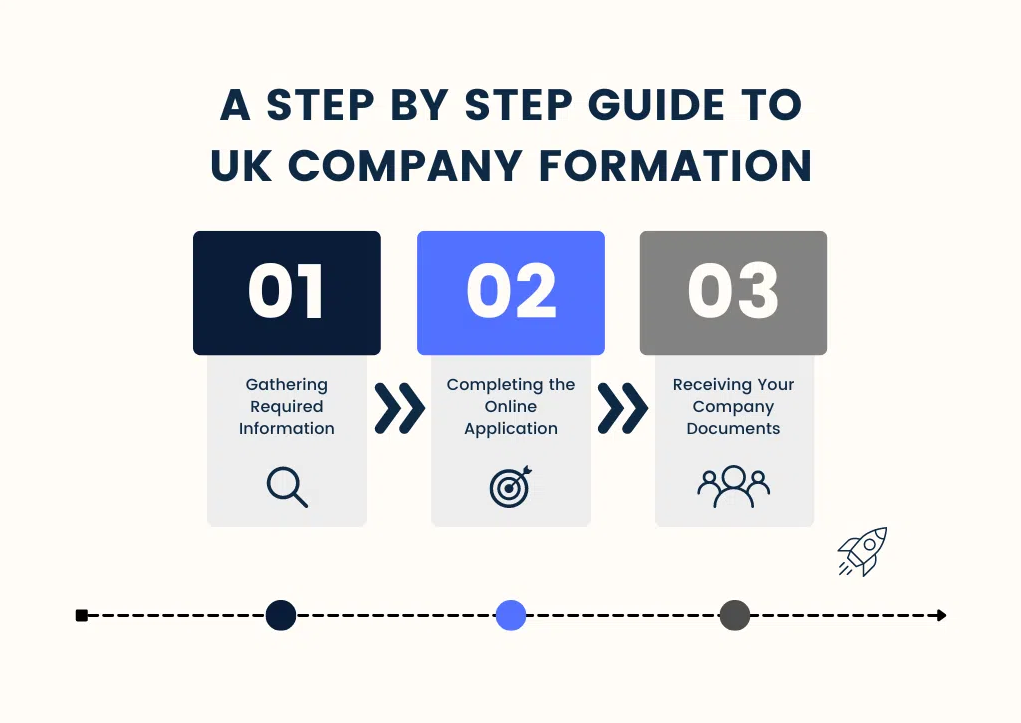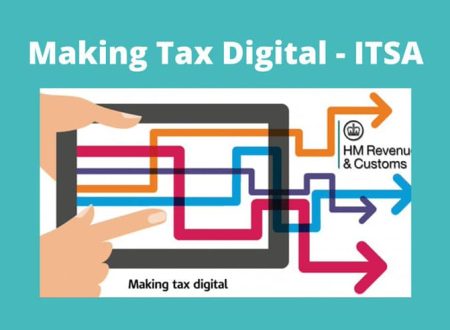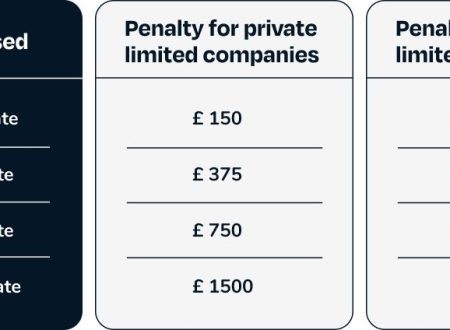Starting a business is exciting—but it also comes with important decisions. One of the first is choosing the right legal structure. If you’ve decided to form a limited company in the UK, this step-by-step guide from TT Accountancy in London will walk you through the entire registration process.
Why Choose a Limited Company?
A limited company is a popular business structure in the UK because it offers:
- Limited liability protection
- Greater tax efficiency
- Professional status and credibility
- Separate legal identity from its owners
Step 1: Choose a Company Name
Your company name must be:
- Unique – It must not be identical or too similar to existing names on Companies House.
- Compliant – Avoid sensitive or restricted words unless you have permission.
- Professional – This reflects your brand, so choose wisely.
Use the Companies House name availability checker to confirm your chosen name.
Step 2: Decide on a Company Structure
Most businesses register as a Private Company Limited by Shares (Ltd). This structure includes:
- Shareholders – Own the company
- Directors – Manage the company
- Shares – Determine ownership percentage
You’ll need at least one director and one shareholder (the same person can fulfill both roles).
Step 3: Prepare Key Company Documents
You’ll need to draft two essential documents:
- Memorandum of Association – Legal statement signed by initial shareholders
- Articles of Association – Rules on running the company
You can use the default model articles or create custom ones with help from TT Accountancy.
Step 4: Register with Companies House
You can register your company:
- Online via Companies House – Fast and costs £12
- By post – Slower and costs £40
- Through an accountant – Ideal if you want expert help (recommended for first-time directors)
TT Accountancy can handle the full company formation process on your behalf.
Step 5: Register for Corporation Tax
Once your company is registered, you must:
- Register for Corporation Tax within 3 months of starting business
- Provide your company’s UTR (Unique Taxpayer Reference), issued by HMRC
- File your annual accounts and company tax return
We at TT Accountancy in London offer full support with ongoing compliance and HMRC registrations.
Step 6: Open a Business Bank Account
As a limited company is a separate legal entity, it must have its own business bank account. Most UK banks require:
- Certificate of incorporation
- Proof of ID and address for directors
- Company’s Articles of Association
We can advise you on the best business banking options for startups.
Step 7: Maintain Statutory Records and File Annual Returns
Once set up, your responsibilities include:
- Filing Confirmation Statements
- Submitting Annual Accounts
- Keeping a PSC register (People with Significant Control)
- Maintaining accurate financial records
TT Accountancy offers affordable compliance packages to help your company stay on track.
Why Choose TT Accountancy in London?
At TT Accountancy, we specialize in limited company formation and business advisory services. Based in London, we support startups and growing businesses with:
- Company formation and registration
- Bookkeeping and VAT services
- Payroll management
- Tax planning and HMRC submissions
Let us take the stress out of starting your company. We’ll ensure everything is done correctly and compliantly—so you can focus on growing your business.
Need Help Registering Your Company?
📞 Contact TT Accountancy today for expert advice and fast, reliable company formation in London.
🌐 Visit www.ttaccountancy.com to get started.

 ?>
?>





